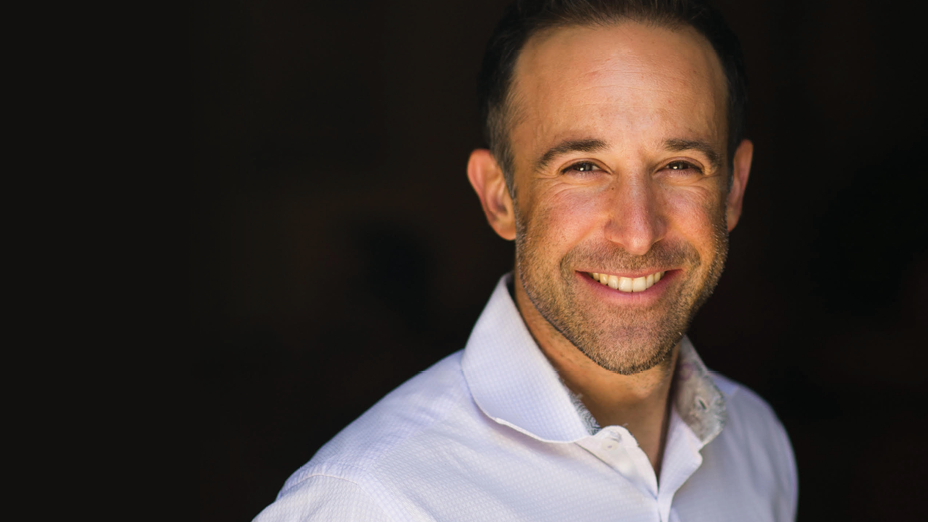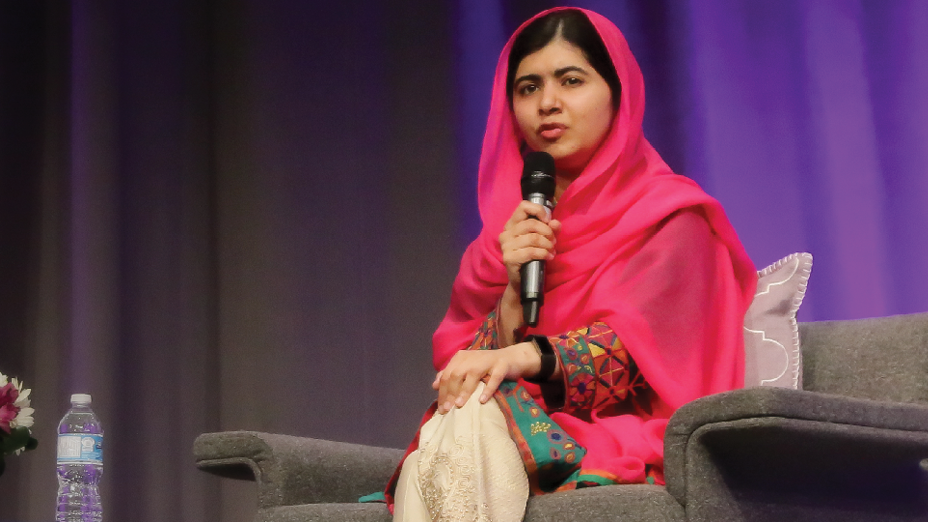Over the past twenty years we’ve watched a few interesting revolutions in the workplace. We’ve coached leaders through globalization with all its cultural challenges, the dawn of the remote employee, even the commoditization of almost every product thanks to the Internet. Each revolution brings challenges in leading and engaging a workforce.
The latest revolution? In 10 years, Deloitte predicts 75 percent of the worldwide workforce will be millennials (people now in their twenties and early 30s). And that presents challenges for some managers who remain unaware of the unique nature of this rising generation.
More than 90 percent of millennials report they are job-hopping every two to three years — meaning most will have 15 or more jobs in their working lives.
First, we acknowledge it’s tough to generalize an entire generation of people; we are all unique after all. However, there are a few trends that millennials exhibit in greater numbers than past generations. For instance, on average millennials tend to move jobs more frequently. Today, on average, a typical American worker stays in a job 4.4 years, according to the U.S. Bureau of Labor Statistics. However, more than 90 percent of millennials report they are job-hopping every two to three years—meaning most will have 15 or more jobs in their working lives. As managers, we have to acknowledge that our coming workforce will be made up of temps. So, what are the best leaders doing to get ready and maybe slow the churn a bit? Most importantly, they are getting to know what motivates each of the people in their care. Engaging people is a one-on-one game. We analyzed the results of 5,532 people who took our scientifically valid online Motivators Assessment for our new book What Motivates Me. These assessments
were taken by full-time working adults in late 2014 through summer 2015. Cutting the demographic results by age, we found these are the most common top work motivators out of 23 possibilities for people aged 20-29.
So what could keep a millennial in a job a little longer, and what could engage more of your young, valuable talent? How can you get people to stay and stay motivated and engaged instead of looking for their next job?
IMPACT: Most millennials want to know their work is important. They often feel a sense of destiny and feel that they are supposed to do something that will lead to positive change in the world. And that means many can become frustrated and look for greener pastures if they don’t believe there is positive outcome from their efforts.
LEARNING: A majority of millennials thrive on trying new things and growing. For some, the pursuit of knowledge is its own goal, while for others the emphasis is on making themselves better at what they do.
FAMILY: This is an idea that has never really been addressed in engagement articles, but more than half of millennials are motivated by making their loved ones proud of them—it was the third strongest work motivator in our scientific study. Those motivated by this idea try to make family a high priority, which means balancing home and work time.
What is not engaging for the majority of millennials?
PRESTIGE: Almost 80% don’t care about fancy job titles or working for a highly esteemed company brand.
AUTONOMY: Another almost 80% aren’t looking to be their own boss or work alone, but crave direction at this point in their careers.
MONEY: And 90% aren’t motivated by the amount they earn. It’s not that compensation isn’t important to younger workers, but the research shows it’s a satisfier more than a motivator. Millennials are going to reshape the workplace, and it’s our jobs as leaders to make the adjustment. In addition to getting to know what motivates each of the people in their care, and sculpting their role accordingly, here are just a few other things we’ve seen that are working for leaders we work with:
1. Explain clearly the mission of your organization. Let them know how your organization makes the world a better
place, and then detail how each person’s work specifically impacts the success of the enterprise. And then you say it
again … and again.
Most millennials want to know their work is important.
2. Challenge them early to learn and make an impact. In the very first week set goals that they can accomplish in their first six months on the job, and ensure the goal is tied to at least one core goal or value of the organization. That way they are learning what is valuable to the organization and seeing the impact their role has. And then you do it again… and again.
3. Worry about their well-being. Many millennials haven’t learned how to shut off. While they may have lots of energy, young people need to be encouraged to take their vacation days, turn off the computer for at least twenty-four hours on the weekend, and go out regularly with friends or family to recharge their batteries. Millennials should learn to balance, and it’s a manager’s job to help them adopt that skill.
We’ve interviewed enough of this new generation to be able to say most are driven to learn and grow, and almost
all really do want to make a positive impact on the world. Those are admirable qualities. The leaders that adjust to this new workplace revolution will win, those who continue to believe managers should treat everyone the same will be put out to pasture.
Those are some of the high-level things we are seeing in our data, but we’d love to hear from you. What have you seen that works in engaging the millennial workforce?




.png)

%20(1).png)


What Did You Think?